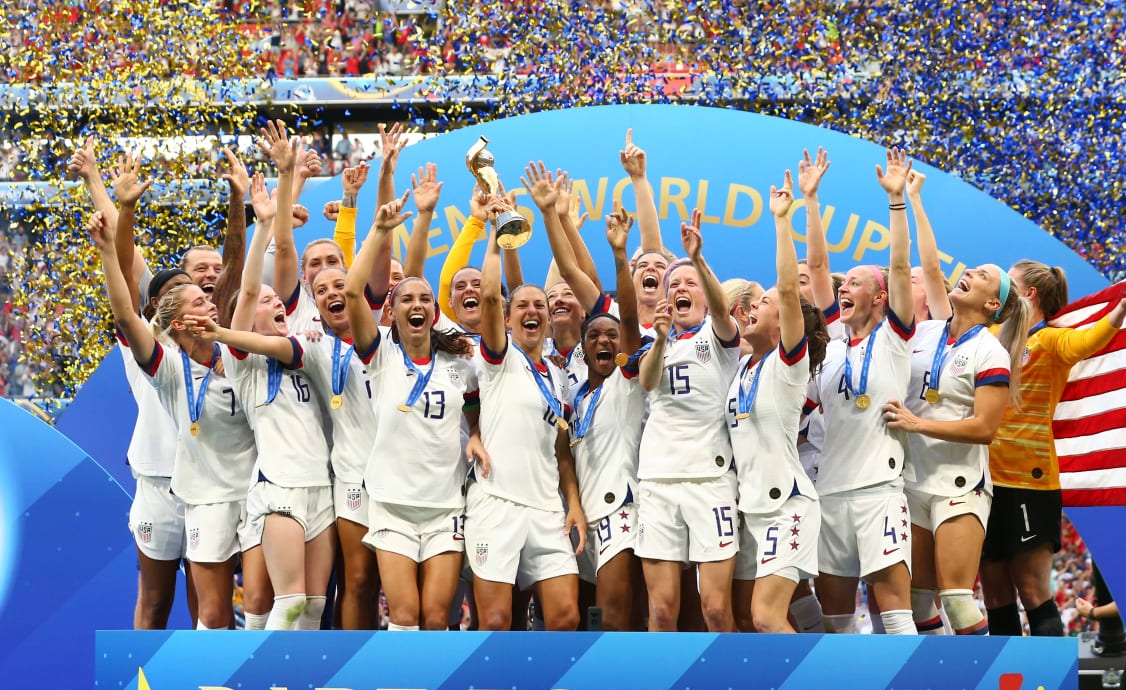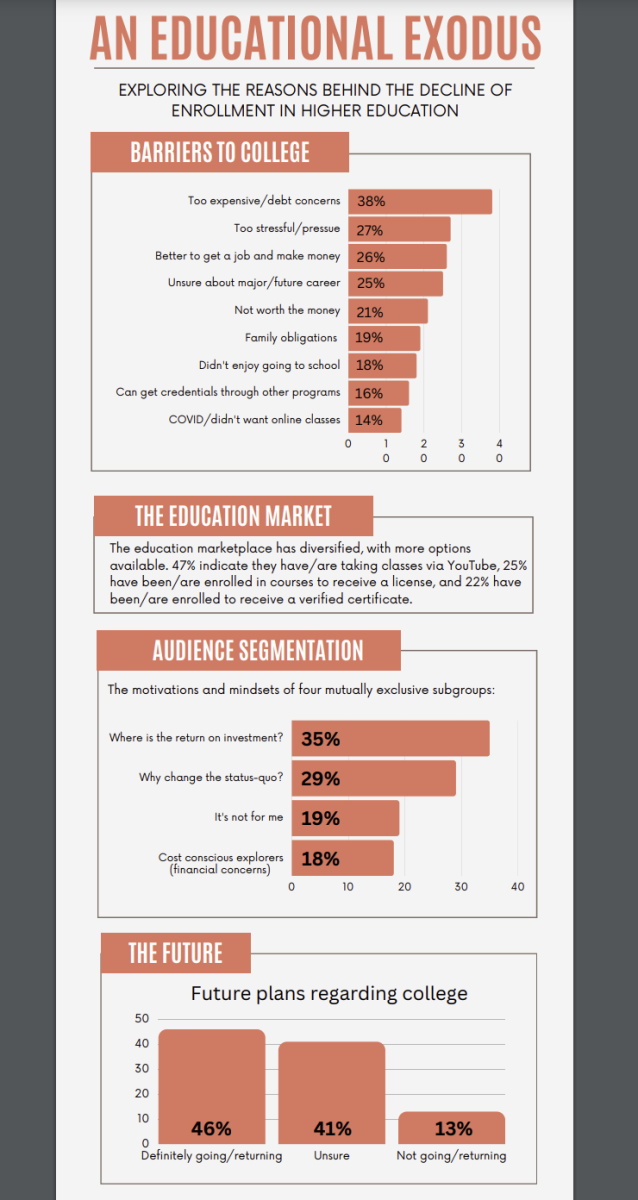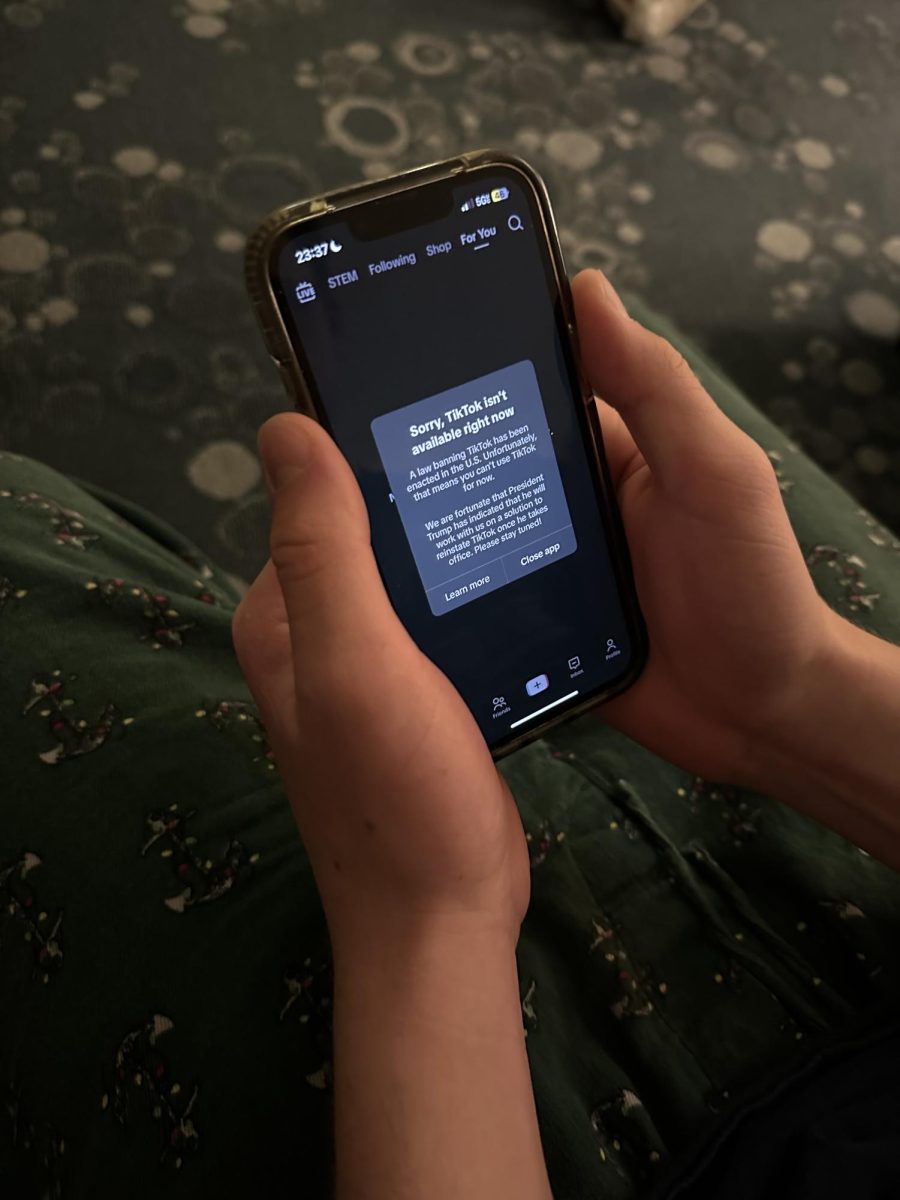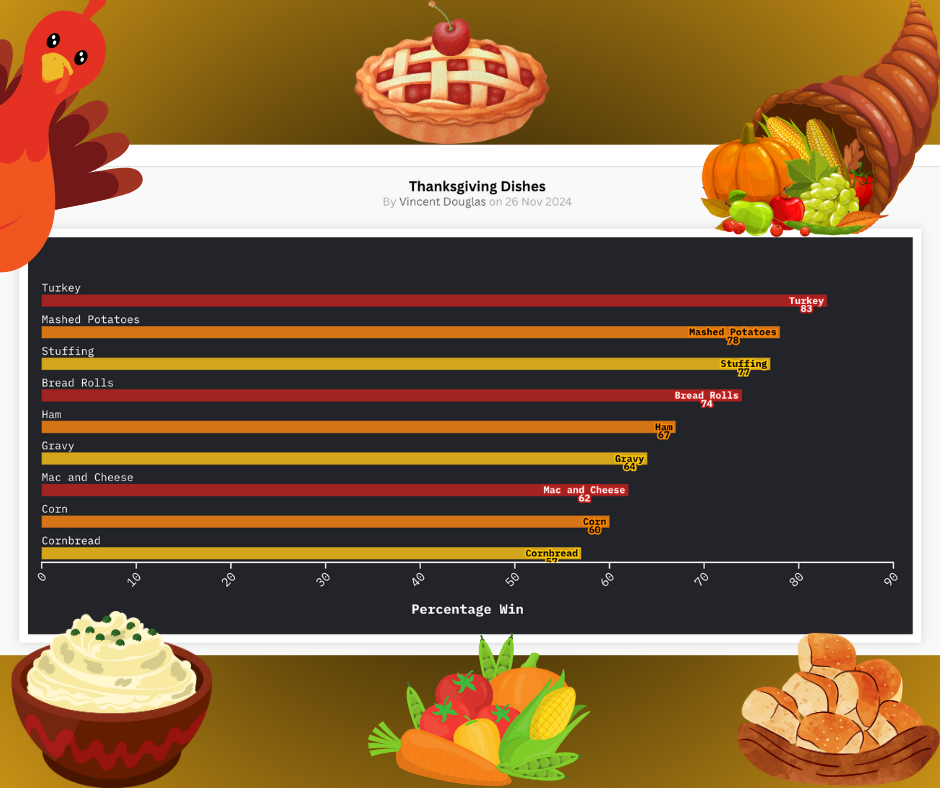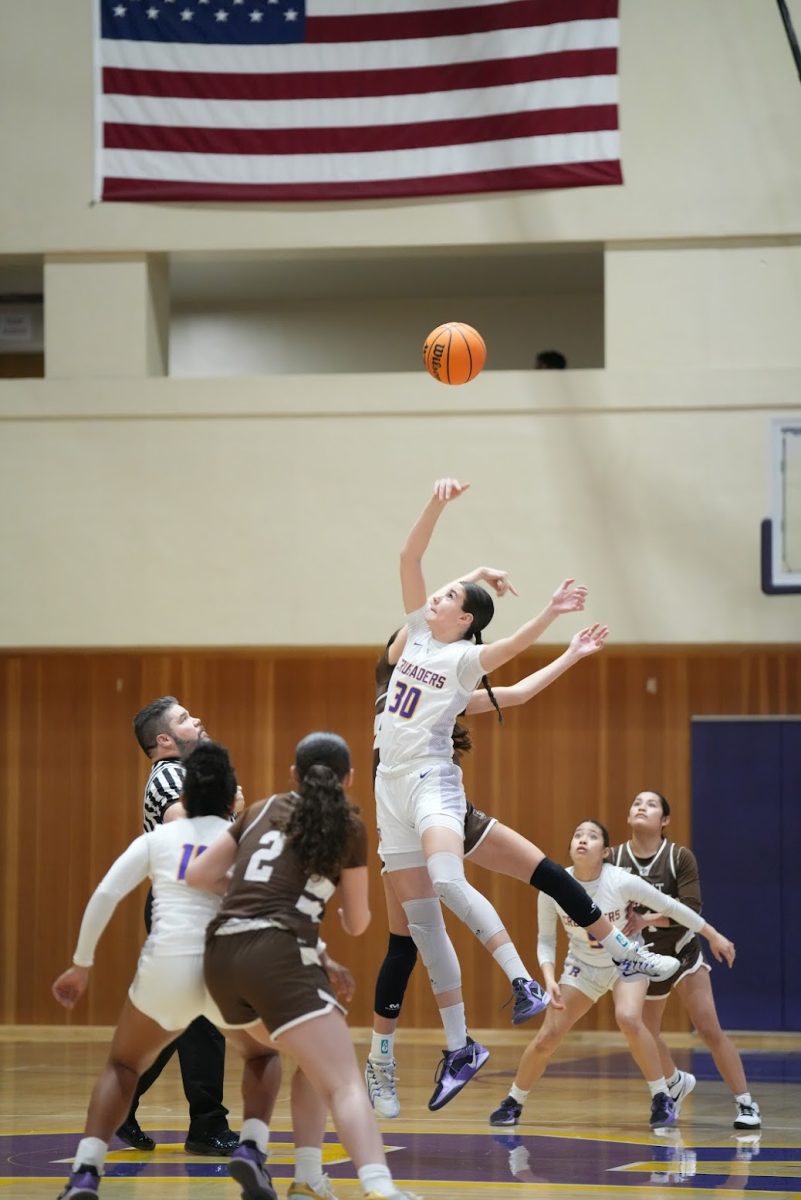The Women’s World Cup 2023 is the ninth edition of this historic contest. In 2023 the Women’s World Cup will be held in New Zealand and Australia.
Thirty-two teams have qualified, including The United States who are the defending champions and won the women’s World Cup the past two times in a row. The United States is the favorite to potentially win a fourth World Cup, other favorites include England, Germany, France, and Australia.
“I hope France wins this year. Although honestly, the United States will probably win though,” said Liam Boumier ’24.
Injuries have caused some of the most dominant players to miss the World Cup this year, including athletes such as England’s captain Jordan Nobbs who is out with a torn ACL and will be forced to miss the World Cup.
Along with England’s captain being out with an injury, one of their best midfielders, Fran Kirby, is also sidelined with a knee injury and is going to be forced to miss the World Cup.
Injuries such as this have changed the dynamic of the competition with many spectators saying that England will most likely not be as powerful in this competition because of how two of their star players are out with injuries. The fear of injuries has left many players hesitant to put 100 percent effort when competing on the club level in fear that they will not be able to represent their countries during the World Cup.
In Europe, the Women’s World Cup has become a more political issue with FIFA threatening to have a blackout broadcast of the Women’s World Cup over unfair prices for the television rights. Blackout broadcasting is when an organization such as FIFA doesn’t release the broadcasting rights to television companies and then as a result of this, they are unable to air a certain broadcast.
FIFA is not releasing the broadcasting rights to the companies because of how low they are willing to pay for it. FIFA says that the bids for the rights from all major companies were an utter disgrace because of how low they were compared to the Men’s World Cup.
“I think it’s unfair to ask for so much less money for the Women’s World Cup compared to the Men’s World Cup. I know that not as many people watch the Women’s World Cup but they should be paid accordingly because they are still high-quality athletes and deserved to be paid as such,” said Rachel Kavanagh ‘24.
The Women’s World Cup will be televised worldwide on Fox from July 20 through Aug. 20.



